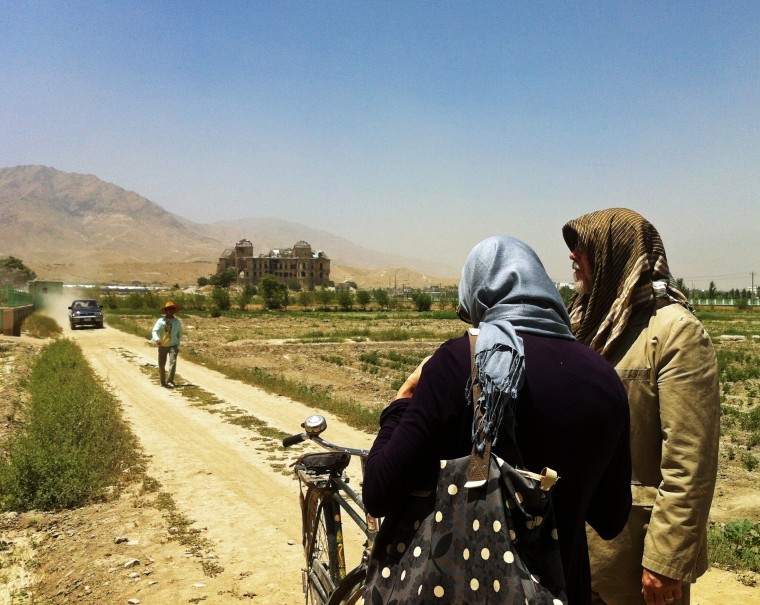Views expressed in opinion columns are the author’s own.
In my high school American history class, I learned that the Philippine-American War was a Philippine Insurrection in which Filipinos rebelled against the United States. It was not until this semester that I learned about the forgotten and untold Filipino narrative in one of my courses.
The Philippine-American War was a fight for Philippine independence from the United States and was 50 times more costly in civilian lives than the Spanish-American War. Yet, if you asked me in high school what I knew about the Philippine-American War, I could only tell you what the limited two pages of my textbook — written by white authors — had to say.
The unreliable American narrative is, unfortunately, nothing new. The United States has had its experience in framing themselves as heroes of other peoples — Indigenous peoples, Filipinos and now, Afghan civilians. While there may be some circumstances where the U.S. helped another nation, it is still necessary that we be cautious and critical when we reteach and learn of U.S. involvement in conflicts.
In his remarks on the end of the nearly 20-year Afghanistan War, President Joe Biden claimed that “the extraordinary success of this mission was due to the incredible skill, bravery and selfless courage of the United States military and our diplomats and intelligence professionals.”
This statement feels ridiculous. What extraordinary success includes years of bombings, forced displacement and war trauma for Afghan civilians? If U.S. involvement in Afghanistan was to win a war against terrorism, then how ironic is it that the intense war environment encouraged some Afghan civilians to join the Taliban because they mourned over the loss of their loved ones who died in conflict.
Then, President Barack Obama also said “with [American] support, Afghanistan is a better place than it once was. Millions of Afghan children — boys and girls — are in school.” However, this heroic claim of successfully educating young girls by providing them textbooks and opening up schools does not match up with other narratives. According to a piece by The New York Times Magazine contributing writer Azmat Khan, there are 1,100 ghost schools with money still coming in.
Additionally, politicians’ rhetoric has a major impact on public sentiment. For example, Rep. Tom Tiffany (R-Wis.) tweeted, “Disturbing reports that 5000 Afghans per day are headed to the US — including Fort McCoy in Wisconsin. Afghanistan is a dangerous country that is home to many dangerous people.” In describing Afghanistan and its people as “dangerous” and “disturbing,” Rep. Tiffany opens up a space for anti-Afghan refugee sentiment and dialogue. For example, stickers saying “Afghan Refugee Hunting Permit” were found on the University of Michigan’s campus.
When the Afghanistan war is written about in high school American history textbooks, will it be framed with these politicians’ rhetoric that frames the United States as a saving grace?
We cannot let this collective amnesia repeat itself with past, current and future U.S. involvement. As George Orwell said, “Who controls the past controls the future. And who controls the present controls the past.” As active students and consumers of media, we must be ready to question who is sharing the narrative.
How is the narrator benefitting from the story? The United States’ involvement has helped in ways, but it has hurt in just as many ways. An active American citizen is ready to respond, react and criticize the nation’s power or abuse of power.
No one person, group or event can tell the whole story. The more narratives, the greater the truth extracted is. It is necessary to remember the truth of historical events because it can affect how society treats the next generation in policy, media and everyday behavior. As a Filipina American, I am on a journey of unlearning and relearning how my Filipino identity exists on American soil today.
In 20 years, how will Afghan Americans be treated or remember their ancestors who may have died in the war? Will they reward the United States for providing the American dream — or hold it critical to the pain it has caused to their people? These questions with unending answers are necessary to ask, but are only possible if we are critical and cautious of the narratives we teach of U.S. involvement in conflicts.
Lei Danielle Escobal is a sophomore American studies and sociology major. She can be reached at leidanie@terpmail.umd.edu.



